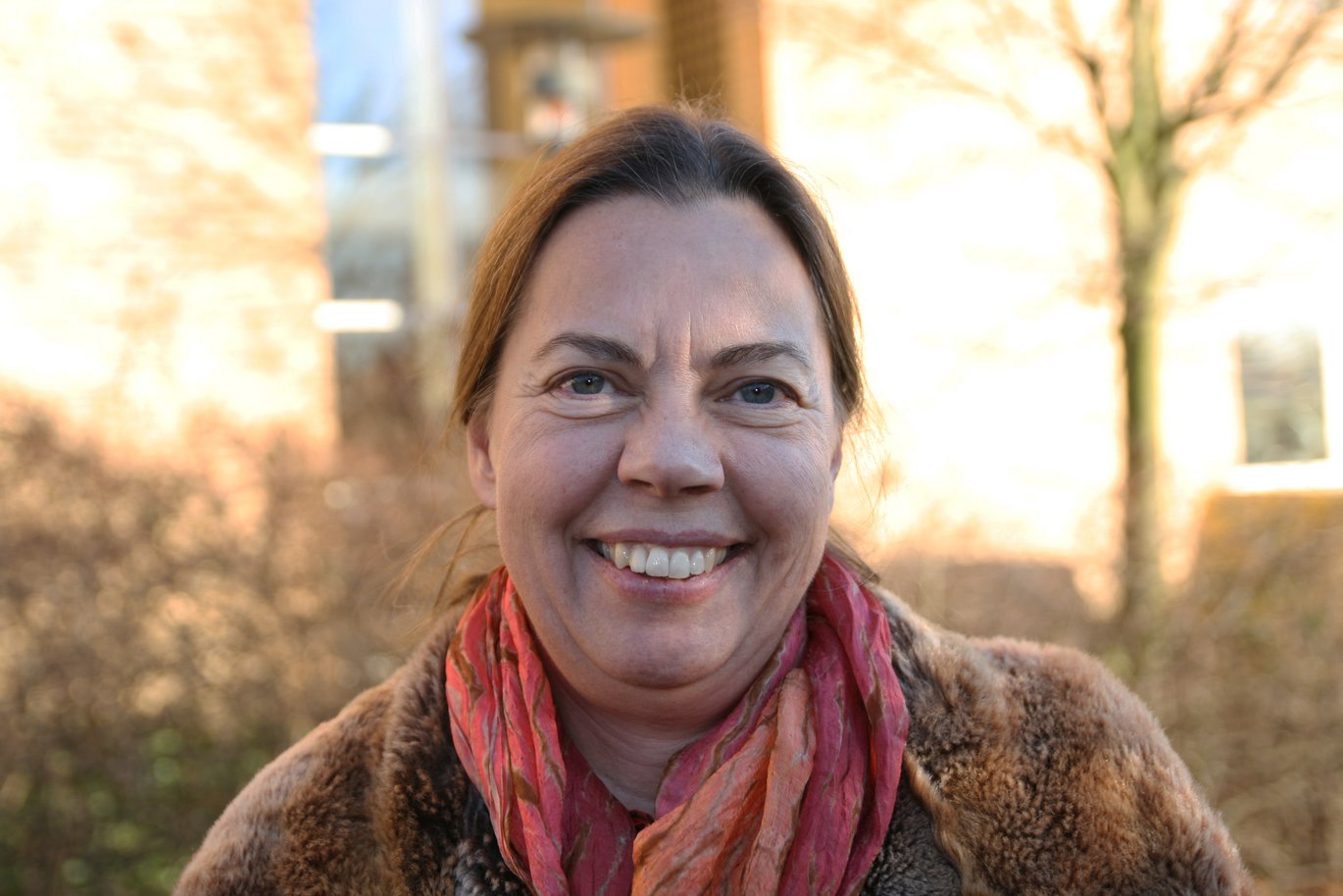Grant for study of the correlation between fertility and endometriosis
AU Ideas has awarded a grant of DKK 500,000 (approximately EUR 67,000) to Pia Møller Martensen to develop a research project on decreased fertility in women with endometriosis – a painful, chronic disease that occurs when endometrium-like tissue is located outside the uterus.

The project will encompass a study of the molecular characteristics of implantation, supported by a comparative study of the incidence of endometriosis and infertility in Japan and Denmark.
The research group will study whether there is a link between the incidence of endometriosis and the resultant infertility in Denmark and Japan. There is a high degree of inflammation associated with endometriosis. Because fish oils are rich in n-3 fatty acids and have a beneficial effect on inflammation in cardiovascular and degenerative joint diseases, the research group will use comparative studies between women in Denmark and Japan to see whether diet has an impact on the incidence of endometriosis. The Japanese population is well known for having a diet with a high fish content.
Previous studies have given conflicting results on the risk of endometriosis in different populations. A comparative study between Denmark and Japan is therefore important and – since the two countries have different dietary habits – it could provide indications as to whether a diet that is rich in n-3 fatty acids acquired from fish could influence the incidence and severity of endometriosis.
The research group will also focus on whether folic acid or interferon play a role in successful implantation of the foetus, along with the hormones progesterone and oestrogen, as well as the expression of the HOXA10 and HOXB2 genes.
If a correlation is determined, it could be possible to regulate the techniques involved in the implantation of fertilised eggs (in vitro fertilisation) to achieve a greater number of successful pregnancies.
Background information
Endometriosis is a chronic disease in which endometrium-like tissue is located outside the uterus, frequently in the pelvic cavity, but also in more distant regions. The symptoms include subfertility, chronic pelvic pain, dysmenorrhoea (period pain) and dyspareunia (painful intercourse).
Today, endometriosis can only be diagnosed by either ultrasound, if the ovaries are involved, or by operation. It has been estimated that five to ten per cent of fertile women suffer from the disease and, in a population of women with dysmenorrhoea, approximately fifty per cent have endometriosis. About forty per cent of the women who attend fertility clinics suffer from endometriosis. How the disease arises is still unclear, but there is a seven- to nine-fold increased risk for women who have a close relative (mother and/or sister) with endometriosis, which could indicate some genetic involvement.
Pia Møller Martensen is an associate professor at the Department of Molecular Biology and Genetics, Aarhus University. The project will initially run from 2012 to 2013, and will involve collaboration with Dr Ulla Breth Knudsen, Director of the Fertility Clinic, Aarhus University Hospital, Skejby, as well as Associate Professor Annette Skovsted Hansen, Section of Asian Studies, Department of Culture and Society, Aarhus University.
AU Ideas
The Aarhus University Research Foundation and Aarhus University launched AU Ideas to stimulate project development and the establishment of pilot centres to enable visionary and original project ideas to reach fruition. In the course of the next three to five years, the centres can carry out free research within a range of different topics, while the funds for project development provide applicants with an opportunity to develop an idea and test its validity for one to two years.
Because of the high number of qualified ideas, the capital was increased from DKK 50 million to DKK 78.4 million to encompass a total of 30 projects and 15 pilot centres (website in Danish only).
More information
Pia Møller Martensen
Department of Molecular Biology and Genetics
Aarhus University, Denmark
Mobile +45 2899 2032 - pmm@mb.au.dk
Text: Pia Møller Martensen og Lisbeth Heilesen
